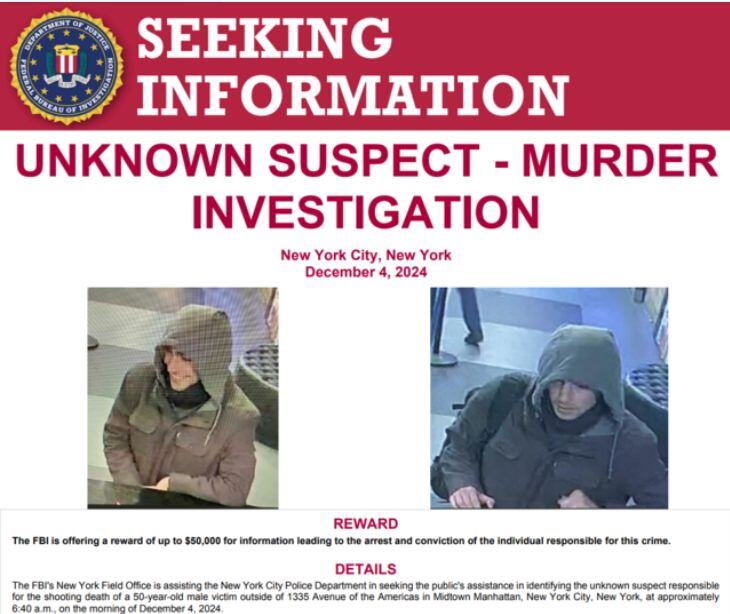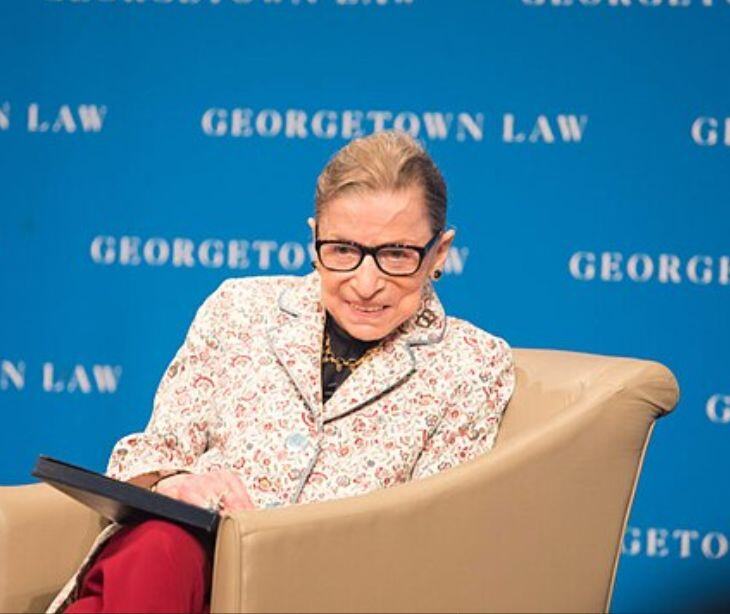2 min read
DA accused of unlawful health record access in CEO murder case
Farah Amod
Aug 14, 2025 6:23:15 AM

Luigi Mangione’s legal team says prosecutors faked a subpoena and court date to secretly obtain his medical files.
What happened
Attorneys for Luigi Mangione, the man accused of killing UnitedHealthcare CEO Brian Thompson, allege that the Manhattan District Attorney’s Office violated federal medical privacy laws in their investigation. In a court filing, the defense claims the DA’s office obtained Mangione’s health records from Aetna without a court order or consent by using a “false and fraudulent” subpoena and threatening the insurer with contempt.
Prosecutors acknowledged that Aetna sent more information than requested and said those records were deleted immediately after discovery. They also notified both the court and Mangione’s defense team. The DA’s office said it will formally respond in court.
Going deeper
Mangione is charged with murdering Thompson on December 4, 2024, outside the Hilton Hotel in Midtown Manhattan. Prosecutors allege he used a homemade ghost gun with a silencer, shooting Thompson twice at close range before fleeing. They say the killing was ideologically driven, citing Mangione’s writings and labeled ammunition as evidence of intent to send a political message.
The new filing accuses prosecutors of violating HIPAA by bypassing legal procedures to obtain Mangione’s medical records. His defense team is asking the judge to impose sanctions on the DA’s office and to hold an evidentiary hearing. They argue that this misconduct could justify dismissing the charges entirely.
What was said
A spokesperson for the DA’s office said, “Very limited information was requested,” and the additional documents were provided by Aetna in error. The office claims it deleted the materials and disclosed the issue as soon as it was discovered.
Mangione’s attorneys are also seeking to suppress other evidence, including statements made to law enforcement and items seized from his backpack. They have moved to dismiss terrorism-related charges on constitutional grounds, arguing the case raises double jeopardy concerns due to parallel federal prosecution.
The big picture
According to Fox News, Mangione’s defense team is also challenging the terrorism charges and asking the court to suppress statements and evidence, citing constitutional and procedural violations. Prosecutors, however, called it “an open and shut case” with “overwhelming” evidence. A judge will now decide whether to grant a hearing on the alleged HIPAA violation, as both the state and federal cases move forward in parallel.
FAQs
What is HIPAA and how does it apply in criminal investigations?
HIPAA is a federal law that protects personal health information. In criminal cases, access to medical records generally requires a valid subpoena, court order, or patient consent.
Can illegally obtained health records result in a case dismissal?
Yes, if a judge determines that prosecutors acted unlawfully and the breach affected the fairness of the trial, sanctions or even dismissal of charges could follow.
How do dual prosecutions work in state and federal cases?
A person can be prosecuted for the same act in both state and federal courts under the “dual sovereignty” doctrine, though defense attorneys may challenge this under double jeopardy protections.
What happens if the court grants the evidentiary hearing?
If approved, both sides will present arguments and evidence on how the medical records were obtained. The outcome could influence the admissibility of evidence or the progression of the case.




